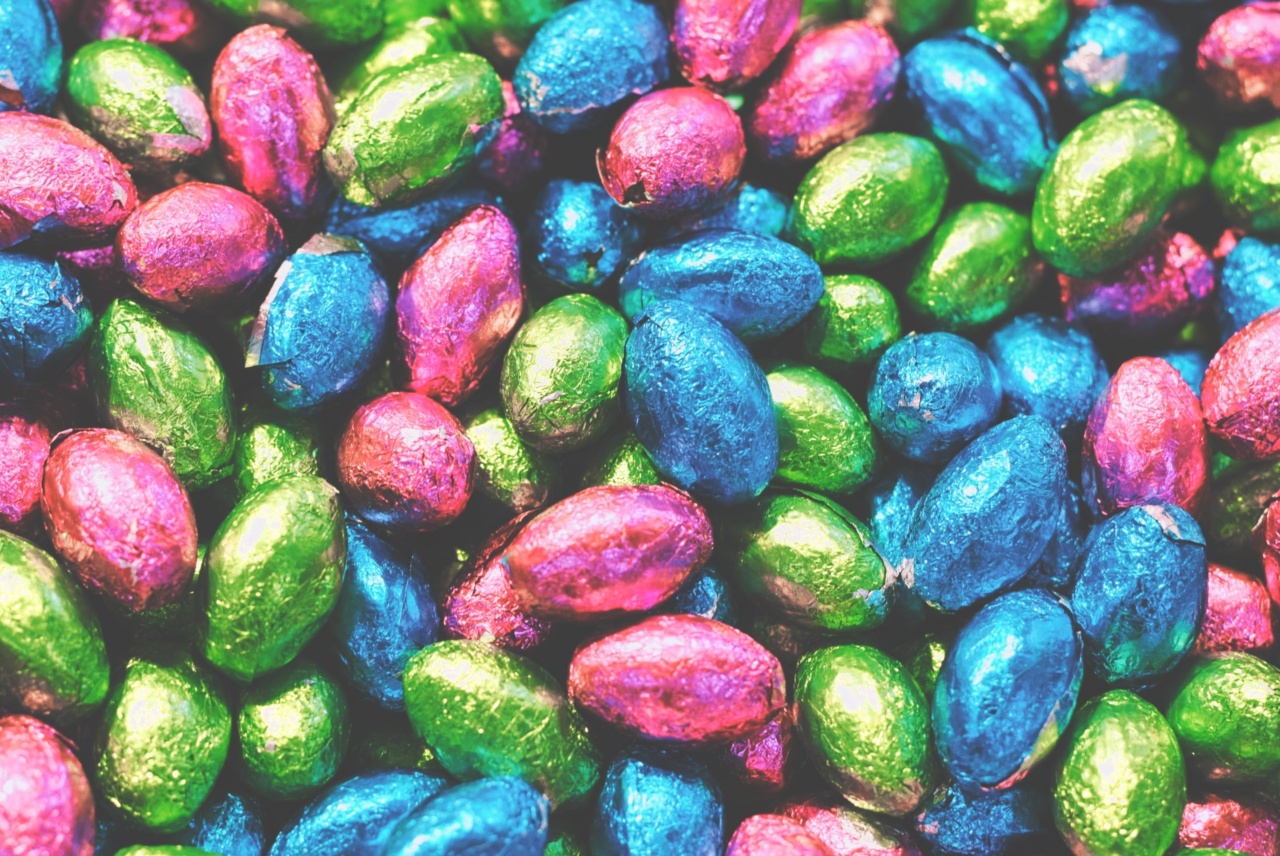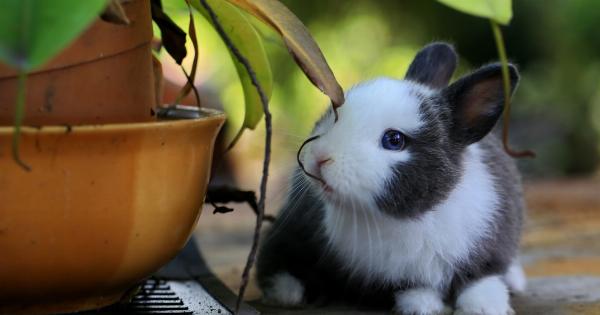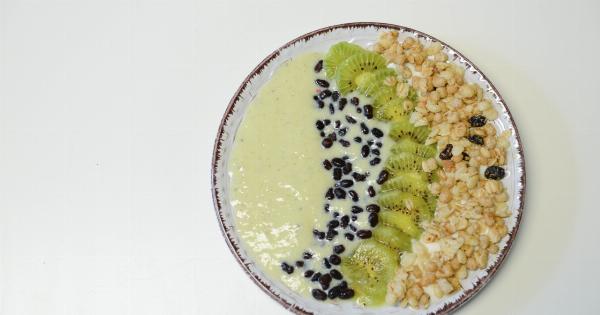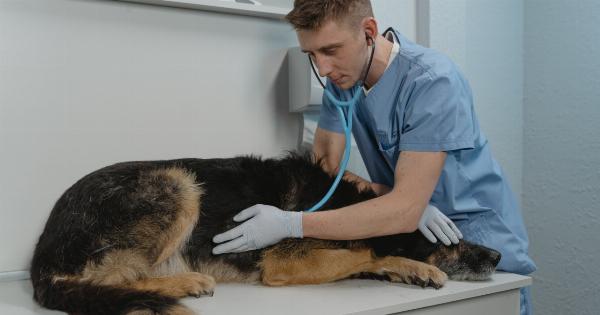Easter is a delightful time of the year filled with festive decorations, colorful eggs, and delicious treats.
While you and your family indulge in Easter goodies, it is important to remember that some of these treats can be hazardous to your furry friends. Many of the popular Easter treats can pose serious health risks to your pets if ingested. To ensure the safety and well-being of your beloved companions, here are 10 dangerous Easter treats that you must keep away from your pets:.
1. Chocolate Eggs
Chocolate, in any form, should never be given to pets, especially dogs. Chocolate contains a compound called theobromine, which is toxic to them.
Ingesting chocolate can lead to symptoms such as vomiting, diarrhea, increased heartbeat, seizures, and even death in severe cases. Ensure all chocolate eggs are stored safely out of your pet’s reach.
2. Hot Cross Buns
Hot cross buns are a popular Easter treat, but they can be dangerous for your pets. These delicious buns often contain raisins, currants, or sultanas, which are highly toxic to dogs and cats.
Ingesting these fruits can cause kidney failure and other serious health complications. Be cautious and keep hot cross buns securely stored where your pets cannot access them.
3. Easter Lilies
Easter lilies might be a beautiful addition to your home during Easter, but they are extremely toxic to cats. All parts of the lily, including the leaves, flowers, and even the water in the vase, can cause severe kidney failure in cats.
Even a small nibble or ingestion of pollen can have life-threatening consequences. It is best to avoid having Easter lilies if you have feline companions in your home.
4. Simulated Grass
The vibrant plastic “grass” often used to line Easter baskets can be a choking hazard for both dogs and cats. If ingested, it can cause intestinal blockages, which may require immediate surgical intervention.
Opt for safer alternatives such as tissue paper or shredded paper for filling Easter baskets.
5. Sugar-Free Treats
Sugar-free Easter treats, such as candies or gum, are often sweetened with a sugar substitute called xylitol. Xylitol is highly toxic to pets and can lead to a sudden drop in blood sugar levels, liver damage, seizures, and even death.
Always double-check the ingredients of any sugar-free treats before leaving them within your pet’s reach.
6. Easter Egg Dye
While the dye used to color Easter eggs may be safe for humans, it is not safe for pets. Ingesting Easter egg dye can cause gastrointestinal upset, including vomiting and diarrhea.
Keep your pets away from any spilled or cracked Easter eggs and ensure they do not have access to any dyed eggs.
7. Macadamia Nuts
If you plan to include nuts in your Easter celebrations, be cautious of macadamia nuts. These nuts are particularly toxic to dogs and can cause weakness, vomiting, tremors, and difficulty walking.
It is best to keep all nuts out of your pet’s reach to prevent any accidental consumption.
8. Decorative Plastic Eggs
Decorative plastic eggs are commonly used for Easter egg hunts and decorations. While they may seem harmless, if chewed or ingested by your pets, they can pose a choking hazard or cause intestinal blockages.
Keep a close eye on your pets during Easter egg hunts and promptly dispose of any broken or damaged plastic eggs.
9. Alcohol
Alcoholic beverages are often enjoyed during festivities, but it is important to keep them away from your pets.
Alcohol can cause alcohol poisoning in animals, leading to symptoms such as coordination problems, vomiting, diarrhea, difficulty breathing, and even coma. Ensure all alcoholic beverages are kept safely out of your pet’s reach and clean up any spills immediately.
10. Raisin- or Nut-Filled Chocolates
Some chocolates, particularly those with fillings like raisins or nuts, can be toxic to pets. The toxicity of raisins and certain nuts, such as macadamia nuts, can have severe health consequences for dogs.
Always check the ingredients of any chocolates before giving them to your pets or leaving them within reach.
While it may be tempting to share the joys of Easter with your pets, it is crucial to prioritize their health and safety.
By being aware of the potential dangers associated with certain Easter treats, you can ensure a happy and healthy holiday season for both you and your furry companions.




























